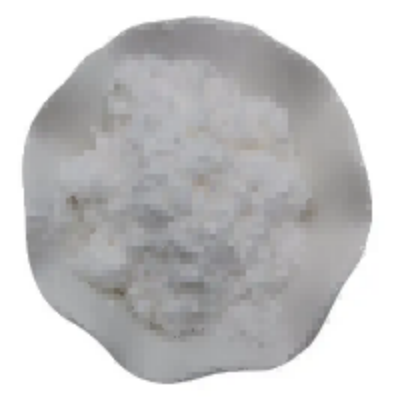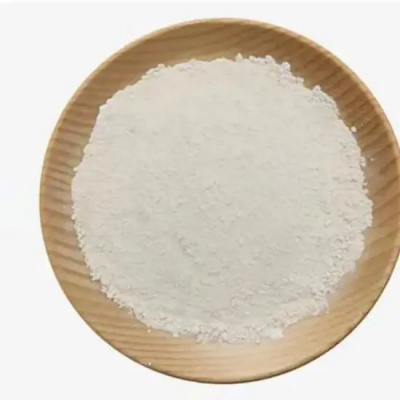Hydrazine acetate CAS:7335-65-1
Hydrazine acetate has several significant applications, particularly in the fields of pharmaceuticals and agrochemicals. One of its primary uses is as a key intermediate in the synthesis of pharmaceutical compounds. Its reactivity allows it to participate in various chemical reactions, facilitating the formation of hydrazone derivatives and other nitrogen-containing compounds that can exhibit biological activity. Researchers are exploring the potential of hydrazine acetate derivatives for therapeutic uses, including antimicrobial, antifungal, and anticancer properties. In addition to its role in drug development, hydrazine acetate is also valuable in agrochemical formulations. It can be utilized in the synthesis of pesticides and herbicides, where its chemical properties contribute to the effectiveness of these products in controlling agricultural pests and diseases. By incorporating hydrazine acetate into agrochemical formulations, manufacturers can enhance the efficacy and safety profiles of their products, leading to improved crop yields and sustainable farming practices. Moreover, hydrazine acetate serves as a reducing agent in various chemical reactions, making it useful in synthetic organic chemistry. Its ability to donate electrons enables it to reduce functional groups, such as converting carbonyls to alcohols or nitro compounds to amines. This property makes hydrazine acetate a versatile reagent for chemists working on diverse synthetic strategies. Additionally, hydrazine acetate is employed in the preparation of polymers and materials science applications. It can be used in the production of polyhydrazides and other polymeric materials, which may exhibit unique physical and chemical properties suitable for various industrial applications. The incorporation of hydrazine acetate into polymer formulations can lead to improved thermal stability and mechanical performance. Furthermore, hydrazine acetate is sometimes utilized in analytical chemistry. It can act as a reagent in specific analytical methods, enabling the detection and quantification of various analytes. Its reactivity allows for selective interactions with certain compounds, aiding in qualitative and quantitative analyses. In summary, hydrazine acetate is a versatile compound with diverse applications in pharmaceuticals, agrochemicals, organic synthesis, materials science, and analytical chemistry. Its reactive nature and ability to serve as a building block for various chemical transformations highlight its significance in both research and practical applications, making it an important compound in modern chemistry.



| Composition | C2H8N2O2 |
| Assay | 99% |
| Appearance | white powder |
| CAS No. | 7335-65-1 |
| Packing | Small and bulk |
| Shelf Life | 2 years |
| Storage | Store in cool and dry area |
| Certification | ISO. |









